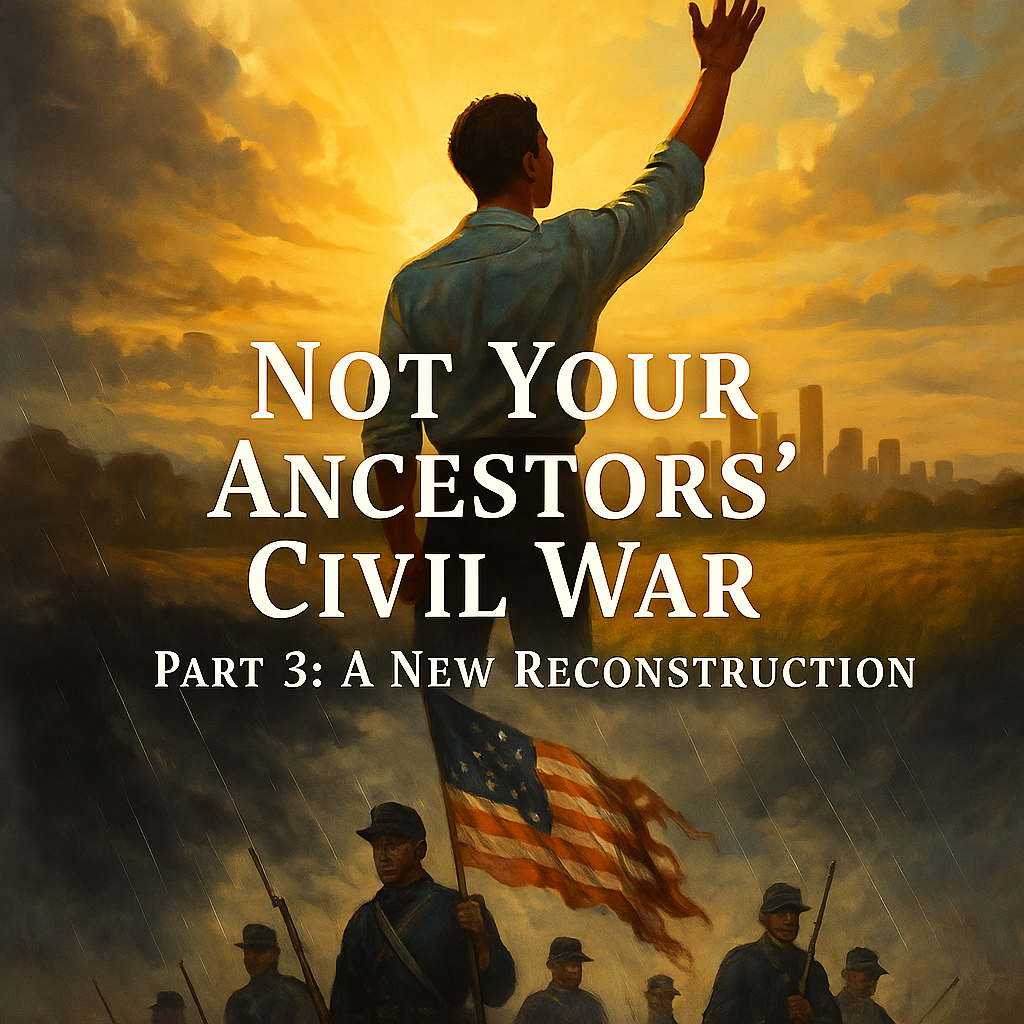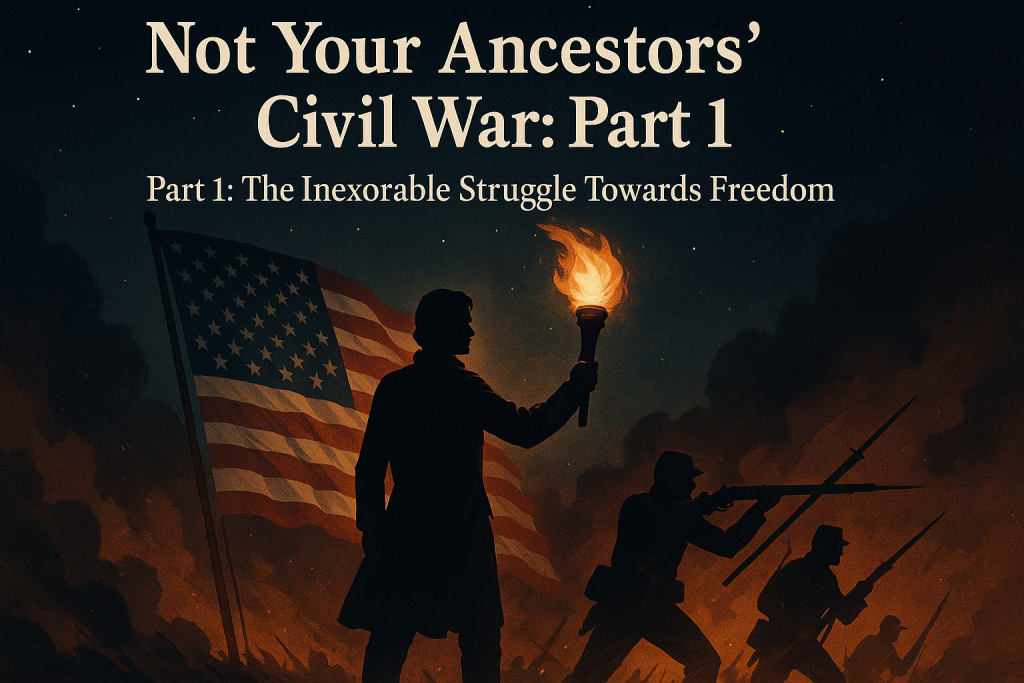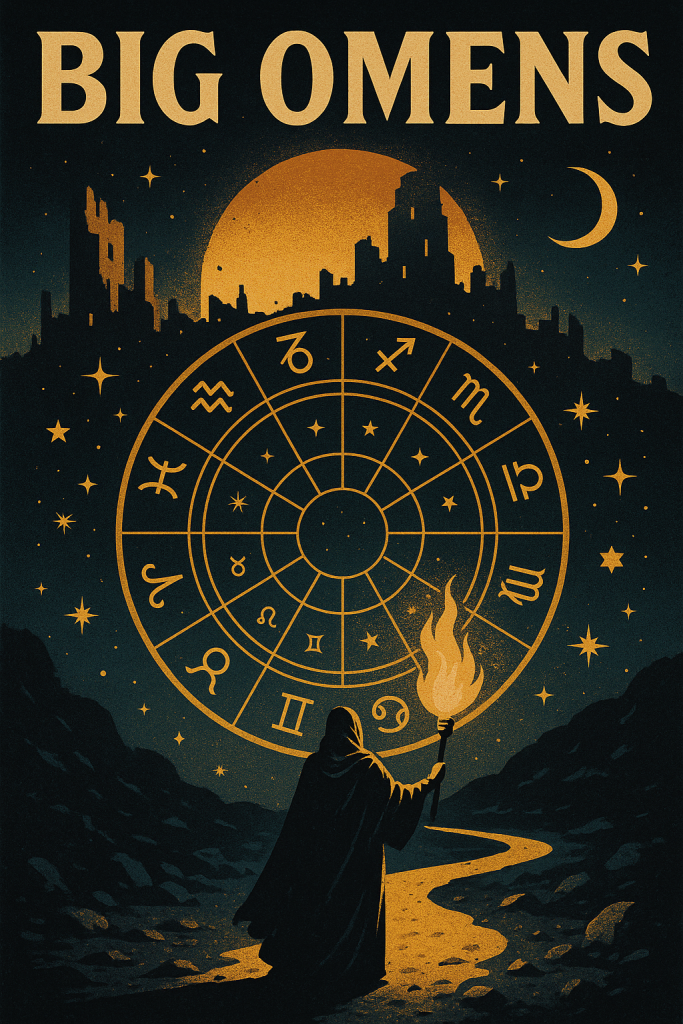
Sign displayed during a vigil for Alex Pretti.
The horrific killing of Alex Pretti punctuates the struggle we are in for deeper consciousness. At the moment it happened, Pluto, lord of the underworld, was flanked on either side by the Sun and Mars, illuminating the unconscious savagery that has been bubbling up from the dark recesses of the American soul. It was a moment, like the killing of Renee Good a few weeks ago, that painfully punctured any remaining false sense of security or misguided "it can't happen here" complacency. This is the nature of Pluto when it is activated—a dark storm roiling beneath the ordered surface suddenly breaks through and shows us the reality of something we have been afraid to face.
Pluto is often linked with death, terror, and all things horrifying. It represents the shadow dimension of the psyche that holds our deepest fears and capacities for evil. Pluto tends to work underground, keeping our unsavory natures hidden out of sight, until it is triggered by a prominent planetary alignment. Pluto can then erupt with wild fury, destroying whatever is in its path.
But Pluto has an equally constructive side. Like a volcanic lava flow, the raw visceral emotion released by Pluto can become the nurturing ground for new life. Pluto is just as much about regeneration as it is about degeneration. Rather than an image of evil, darkness becomes the space that holds the light. To quote Dr. Martin Luther King: "Only when it is dark enough can you see the stars." Those celestial points of light are that of hope in the real opportunity for renewal and the exhilaration in creating something new.
No outcome is guaranteed. Pluto has no agenda or preference, only a relentless drive towards evolution or decay. But we have a choice in how we direct Pluto's energy. We can either fall into the decay of unconsciousness, feeding our fear and thirst for revenge; or we can do the hard work of staying conscious, of holding our center while our egoic defenses and false pretenses are torn down by tragedy. Staying conscious lifts the power of anguish into sacredness. Courage arises from fear, deep love is forged from grief, and rage is transmuted into a fierce commitment to justice.
The astrology of February will further challenge us, illuminating more of the corruption that has festered underground for far too long. But this does not, and will not, mean that corruption will win. We are forging the steel of a new consciousness that gives us the power to remake the world in a compassionate image. With the outer planet shifts coming this year, we are being swept into radically new possibilities, where our devotion to goodness will have channels to flow, and the collective pushback can really begin.
Staying conscious is by no means easy but it is absolutely essential to navigating these times and, eventually, defeating the unrestrained criminality that has a grip on the world today. None of us would be here if we didn't have a part to play. Trust in your own consciousness as the most powerful agent of transformation that the world needs now.













